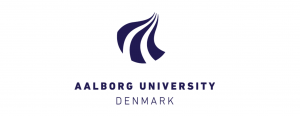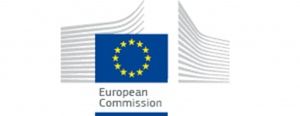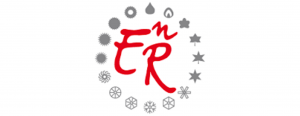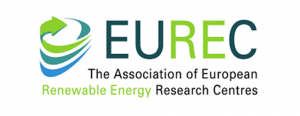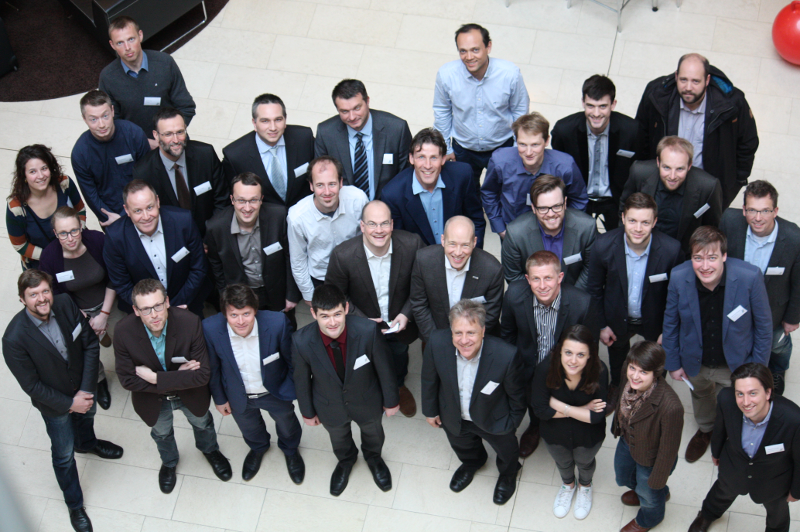
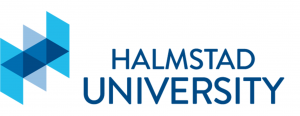 Halmstad University, School of Business, Engineering and Science.
Halmstad University, School of Business, Engineering and Science.
WP leader; GIS mapping, heating and cooling demands and supply sources, geographic synergies.
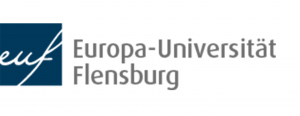 Europa-Universität Flensburg, Department of Energy and Environmental Management. GIS mapping, Pan-European Thermal Atlas methodology, rural heating solutions.
Europa-Universität Flensburg, Department of Energy and Environmental Management. GIS mapping, Pan-European Thermal Atlas methodology, rural heating solutions.
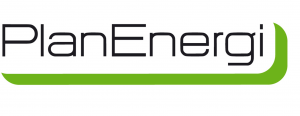 PlanEnergi, sustainable energy consulting. Investment costs expertise, business strategies, cases and market uptake.
PlanEnergi, sustainable energy consulting. Investment costs expertise, business strategies, cases and market uptake.
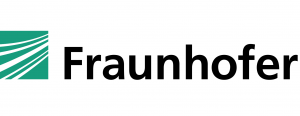 Fraunhofer Institute for Systems and Innovation Research. WP leader; demand projections and modelling, demand reduction cost potentials.
Fraunhofer Institute for Systems and Innovation Research. WP leader; demand projections and modelling, demand reduction cost potentials.
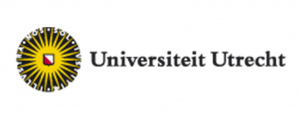 Utrecht University, Copernicus Institute of Sustainable Development. WP leader; industrial heating and cooling demands, supply technologies and reductions.
Utrecht University, Copernicus Institute of Sustainable Development. WP leader; industrial heating and cooling demands, supply technologies and reductions.
 University of Zagreb, Faculty of Mechanical Engineering and Naval Architecture. Energy planning, hourly data collection and processing, fuel price predictions.
University of Zagreb, Faculty of Mechanical Engineering and Naval Architecture. Energy planning, hourly data collection and processing, fuel price predictions.
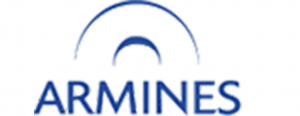 ARMINES, Centre for Energy Efficiency of Systems. Cooling technologies, demand and demand reductions.
ARMINES, Centre for Energy Efficiency of Systems. Cooling technologies, demand and demand reductions.
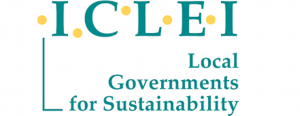 ICLEI, Local Governments for Sustainability. WP leader; communication and dissemination, city, local and national level.
ICLEI, Local Governments for Sustainability. WP leader; communication and dissemination, city, local and national level.
 TEP Energy, research and consultancy. FORECAST modelling, buildings and energy-efficiency cost curves.
TEP Energy, research and consultancy. FORECAST modelling, buildings and energy-efficiency cost curves.
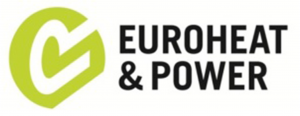 Euroheat & Power, District Heating and Cooling Industry Association. Communication and dissemination, supra-national policy implementation and capacity building.
Euroheat & Power, District Heating and Cooling Industry Association. Communication and dissemination, supra-national policy implementation and capacity building.
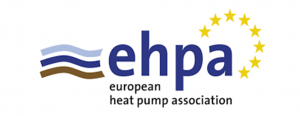 EHPA, European Heat Pump Association. Communication and dissemination, supra-national policy implementation and capacity building.
EHPA, European Heat Pump Association. Communication and dissemination, supra-national policy implementation and capacity building.
 BPIE, Buildings Performance Institute Europe. Communication and dissemination, supra-national policy implementation and capacity building.
BPIE, Buildings Performance Institute Europe. Communication and dissemination, supra-national policy implementation and capacity building.
 The European Council for an Energy Efficient Economy (eceee) is Europe’s largest and oldest NGO dedicated to energy efficiency. eceee generates and provides evidence-based knowledge and analysis of policies, and facilitates co-operation and networking.
The European Council for an Energy Efficient Economy (eceee) is Europe’s largest and oldest NGO dedicated to energy efficiency. eceee generates and provides evidence-based knowledge and analysis of policies, and facilitates co-operation and networking.
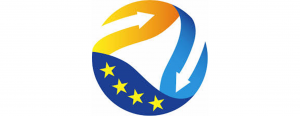 COGEN Europe, the European Association for the Promotion of Cogeneration, has as its principle goal to work towards the wider use of cogeneration in Europe for a sustainable energy future.
COGEN Europe, the European Association for the Promotion of Cogeneration, has as its principle goal to work towards the wider use of cogeneration in Europe for a sustainable energy future.
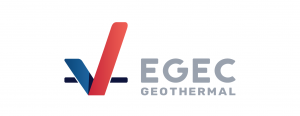 EGEC, The European Geothermal Energy Council, is aimed at the promotion of geothermal energy in a variety of ways, including by supporting research on the application of renewable energy sources, in order to join forces to successful development and implementation in the field of of geothermal energy in Europe.
EGEC, The European Geothermal Energy Council, is aimed at the promotion of geothermal energy in a variety of ways, including by supporting research on the application of renewable energy sources, in order to join forces to successful development and implementation in the field of of geothermal energy in Europe.
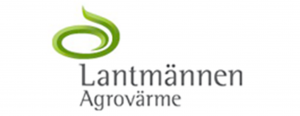 Lantmännen Agrovärme AB is a Swedish company activating in the biomass industry and also supplying district heating. The reason for joining the advisory board is related to the experience Henrik Frohm acquired during the time he led Capital Cooling and his involvement in the RESCUE project. Capital Cooling was a key part of the RESCUE project consortium, on renewable smart cooling for urban Europe.
Lantmännen Agrovärme AB is a Swedish company activating in the biomass industry and also supplying district heating. The reason for joining the advisory board is related to the experience Henrik Frohm acquired during the time he led Capital Cooling and his involvement in the RESCUE project. Capital Cooling was a key part of the RESCUE project consortium, on renewable smart cooling for urban Europe.
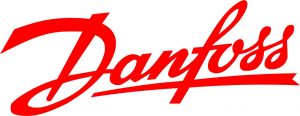 Danfoss is a world leader in the production and distribution of technology for district heating and cooling. Their expertise in the heating and cooling sector will validate, from a technical and cost perspective, the findings and results of HRE.
Danfoss is a world leader in the production and distribution of technology for district heating and cooling. Their expertise in the heating and cooling sector will validate, from a technical and cost perspective, the findings and results of HRE.
 City of Gothernburg, is an active member of EUROCITIES and ICLEI and also coordinates the Celsius project, where it (together with Cologne, Genoa, London and Rotterdam) was a demonstrator city. Due to their experience, they are able to provide feedback on the results and findings of HRE from a local perspective.
City of Gothernburg, is an active member of EUROCITIES and ICLEI and also coordinates the Celsius project, where it (together with Cologne, Genoa, London and Rotterdam) was a demonstrator city. Due to their experience, they are able to provide feedback on the results and findings of HRE from a local perspective.
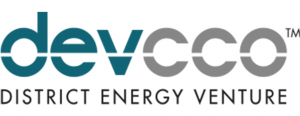 District Energy Ventures – DEVCCO is a company founded with the mission of developing and providing district energy globally. The founding partners’ experience and knowledge, particularly in the field of district cooling, can contribute to the overall quality of HRE.
District Energy Ventures – DEVCCO is a company founded with the mission of developing and providing district energy globally. The founding partners’ experience and knowledge, particularly in the field of district cooling, can contribute to the overall quality of HRE.
